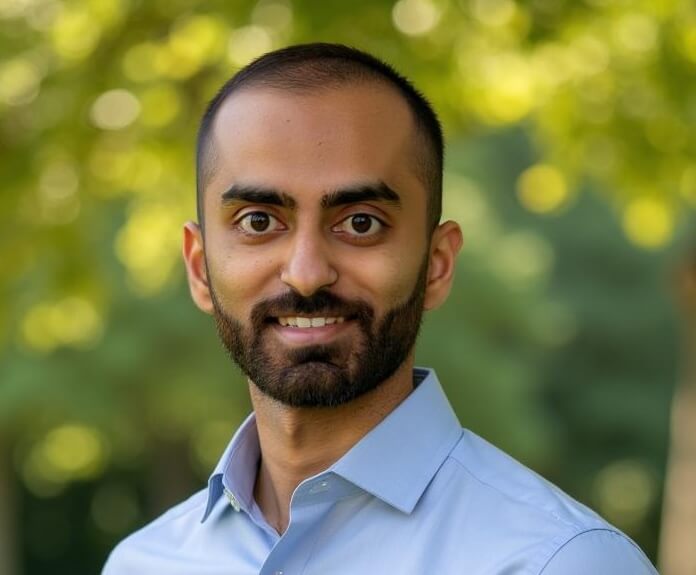Here’s a thought experiment: what if the world had perfect doctors?
For thousands of years, humans have been learning to care for one another. We’ve discovered new knowledge, expanded our understanding of the body, invented treatments, and built systems to deliver care to millions. Yet even in the centers of medical excellence, doctors are far from perfect. And understandably so,medicine resists simplification. It cannot be reduced to black-and-white calculations or error-free decisions. It lives in gray zones of patient preference, uncertainty, and competing incentives.
But what if perfection were actually within reach, in our lifetime?
To imagine that world, we must first understand what stands in the way. I believe the gaps in the healthcare system fall into three dimensions: access, knowledge, and personalization.
Access is the most obvious limitation. Human doctors are bound by the laws of physics, they can only be in one place, seeing one patient, for a limited number of hours. The result is a world where care is available when the doctor is ready, not when the patient needs it. The 2025 Survey of Physician Appointment Wait Times found that patients now wait an average of 31 days for an appointment in major U.S. cities. As a result, you wait days for an appointment or settle for a brief, unsatisfying message through a portal. If the issue is urgent, you end up elsewhere, like an urgent care or the ER.
Knowledge is the next limitation. A generation ago, a primary care doctor could hold most relevant knowledge in their head. Today, medical information doubles every 73 days. No person can keep up. We have tried to adapt through medical specialization and clinical decision-support, but both approaches have tradeoffs. Specialization fragments care, while decision-support tools often require the doctor to look for information instead of having it delivered at the right time.
Personalization is the final limitation. Modern medicine is built around applying population averages at the individual level. Most doctors are not trained to interpret genomic data, microbiome results, or wearable health data, and most only remember a fraction of the history of any given patient. The result is care that’s impersonal, regardless of a person’s unique biology, history, or context.
If we invert these weaknesses, we can begin to see what a perfect doctor might look like:
To achieve this vision, both humans and AI are necessary, but neither alone is sufficient. The future of care will require an AI-human construct. The AI will serve as the cognitive engine, always accessible, informed, and personalized. Humans will provide trust, regulation, and physical presence. Together, they will create care that is more accurate, convenient, and abundant than anything that has existed before.
At Counsel, this is the future we are building toward: a world where everyone has their own doctor for life, always available, infinitely knowledgeable, and deeply personal. Not a replacement for human care, but a reimagination of what care can become when intelligence is abundant. This is the next frontier: perfect doctors.
AMN Healthcare. New Survey Shows Physician Appointment Wait Times Surge: 19% Since 2022, 48% Since 2004. https://ir.amnhealthcare.com/news-releases/news-release-details/new-survey-shows-physician-appointment-wait-times-surge-19-2022

Dr. Muthu Alagappan is a physician and former AI researcher, and the Founder and CEO of Counsel Health. He is pioneering an AI-enabled virtual care model that delivers immediate, personalized medical guidance by integrating advanced medical AI with in-house physicians. Previously, he served as Chief Medical Officer at Notable Health and as an Attending Physician at Massachusetts General Hospital and UCSF. He earned his BS and MD from Stanford University, where he researched healthcare and artificial intelligence.

Our content is created for informational purposes and should not replace professional medical care. For personalized guidance, talk to a licensed physician. Learn more about our editorial standards and review process.